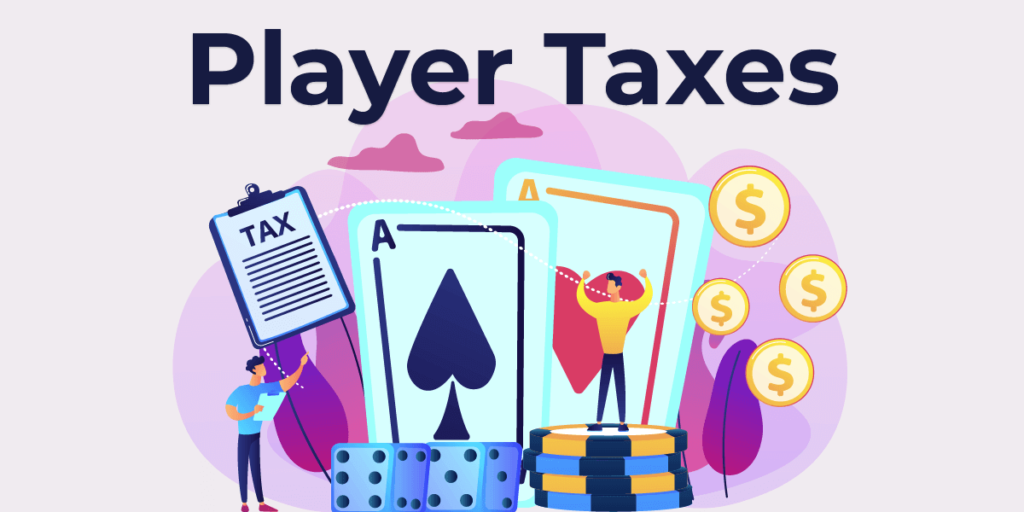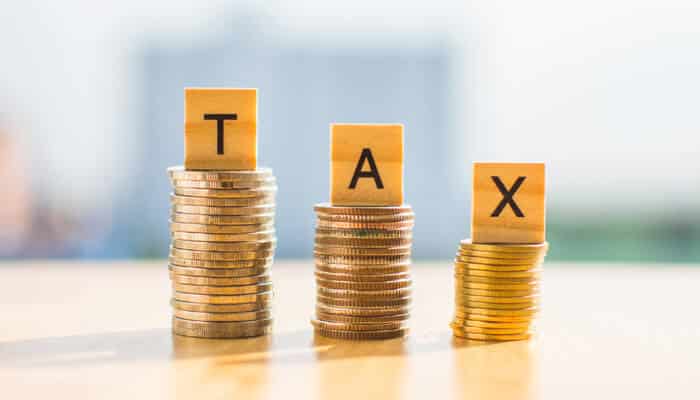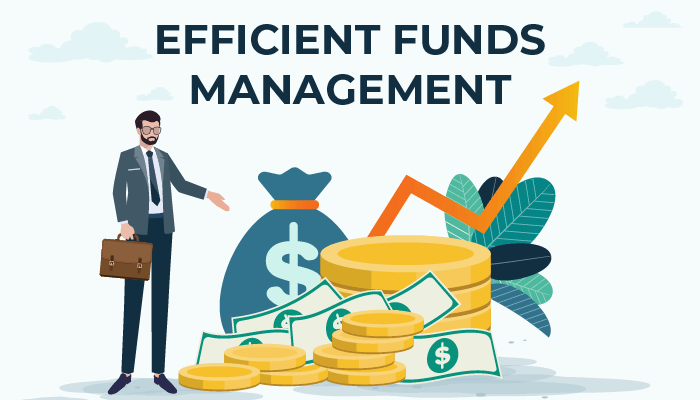Tax Implications on Online Gambling Winnings in Canada

Our exploration into online gambling taxation has led to a compilation of crucial information. Discover what applies to gambling winnings, possible deductions on losses, and other details.
Is it necessary to declare your gambling winnings for tax purposes?
What’s a professional player?
The past and future of gambling taxes
Deducting gambling losses
Efficient funds management
Conclusion
Is it necessary to declare your gambling winnings for tax purposes?
For those residing in Canada, it's crucial to recognize that your gains from gambling are generally equated to lottery winnings, which remain untaxed.
The Canadian authorities do not typically impose taxes on online gambling earnings, as such gains are deemed as results of chance and are thus exempt from tax obligations.
Taxes for Casual Players at Online Casinos
The rule of no taxation extends to non-professional gamblers whose earnings come from brick-and-mortar establishments within Canadian borders, irrespective of the gaming site’s licensing authority.online gambling sites operating within its jurisdiction.
The only Canadian regulatory entity, the Kahnawake Gaming Commission, requires Canadian residency and site access from within Canada, making casino licenses like MGA or UKGC irrelevant.
Tax Responsibilities for Professional Online Gamblers
Despite Canada’s leniency on taxes for casual online gambling, professional players operate under different stipulations and must declare their casino winnings.
What’s a professional player?
If gambling is your primary occupation, you qualify as a professional. In contrast, hobbyists gamble less regularly and typically have alternative main incomes.
Being a professional gambler entails specific duties, including adherence to tax regulations pertaining to online gambling earnings.
In context, your gambling income is considered business revenue, needing disclosure on Schedule C as self-employment income.
Nonetheless, while the Canadian Revenue Agency shows restraint in assessing professional gamblers, these income types demand auditing attention.
Professional players must also acknowledge that losses intertwine significantly with their tax declarations on gambling revenue.
What implications do losses have?
Substantial losses can impact overall income and potentially the taxes due on gambling winnings, though courts declared in 2012 that losses are not deductible.
Non-professionals must still account for any winnings under 'other income' on line 8 of the 2021 Schedule 1 and note interest as per the T5 form.
The past and future of gambling taxes
Canada initially did not implement income tax due to immigration enrichment strategies until the advent of World War I.
Just as financial strategies initially shaped income tax policies, gambling winnings remain largely untaxed today, with no immediate changes anticipated.
Income taxes in 2019
The tax treatment of professional gambling earnings aligns with typical income taxation, which we've detailed through an informative matrix.

Your earnings fall within certain income brackets which are adjusted yearly to accommodate for inflationary trends.
Government income tax brackets:
| Federal income tax brackets | Federal income tax rates |
|---|---|
$47,630 or less |
15% |
$47,630 to $95,259 |
20.5% |
$95,259 to $147,667 |
26% |
$147,667 to $210,371 |
29% |
More than $210,371 |
33% |
Deducting gambling losses
Should your losses not surpass your earnings, you can claim some back. It's crucial to maintain adequate records for accurately reporting wins and losses.
Necessary documents you must keep:
- Keno – Keep files of your approved ticket receipts, any withdrawal and credit records.
- Slots – Arrange records by machine numbers, noting win dates and times.
- Table Games – Record table numbers and allocate credit information whether it pertains to the booth or pit transactions.
- Bingo – Document games played, associated costs, and additional receipts from the venue.
- Racing Events – Keep track of bets, racing outcomes, and redemption tickets.
- Lottery Results – Catalog your ticket purchases, record your losses and gains, including the dates.
Efficient funds management
Even without direct tax concerns, maintaining a healthy budget benefits from sound bankroll management principles.

Our insights offer a comprehensive look at effective casino budgeting practices for efficient gambling finance management.
Funds Administration Essentials
- Avoid Borrowing – Spending borrowed money signals potential addiction risks and future financial harm.
- Consider Financial Impact – Casino excursions should entertain rather than cause financial distress; bet responsibly.
- Guard against Greed – Wise gambling includes knowing when to cease, notwithstanding winnings.
- Plan Finances – Just like grocery shopping, planned budgeting prevents overspending within casino settings.
- Stay Honest – Being truthful about winnings helps keep realistic perspectives, thus preventing financial surprises.
- Pause Regularly – Contemplating before the next game session enhances decision-making efficiency.
- Delay Playing Sessions – Both for online and brick-and-mortar establishments, embracing pauses helps prevent overindulgence.
- Remain Clearheaded – Optimal decisions are clouded by substance influence; staying clear ensures informed choices.
- Keep to Familiar Games – Master games prior to expanding into new ones; skills protect against big losses.
Conclusion
If gambling income is not your main livelihood, there's no due tax on winnings from Canadian land-based operations.
For professionals, net gains convert to taxable income, aligning with standard tax procedures. Canadians can reclaim certain withheld taxes on U.S. winnings.
Key points regarding Canadian online gambling taxes reveal that, ideally, the current tax-free situation for amateurs will endure.
References: